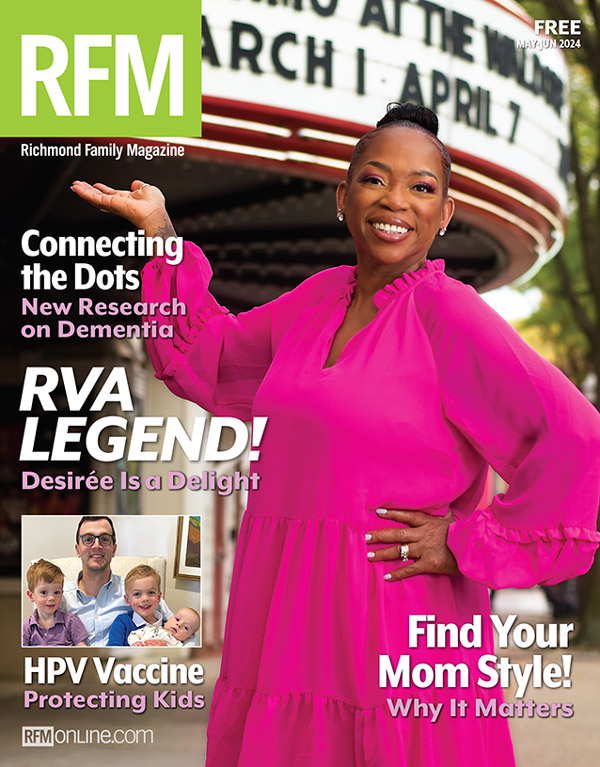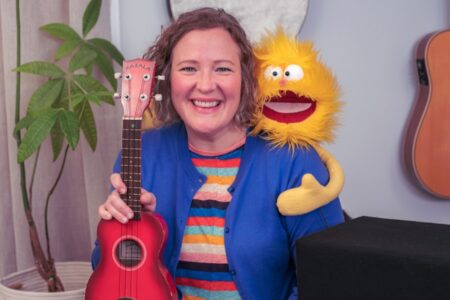 “America changes people,” Amy Chua writes. It’s this kind of statement and the anecdotes that follow about how she married a non-Chinese man and how her youngest sister, who was born with Down Syndrome, holds two International Special Olympics gold medals in swimming, that make Chua touting extreme parenting methods of Chinese mothers relatable.
“America changes people,” Amy Chua writes. It’s this kind of statement and the anecdotes that follow about how she married a non-Chinese man and how her youngest sister, who was born with Down Syndrome, holds two International Special Olympics gold medals in swimming, that make Chua touting extreme parenting methods of Chinese mothers relatable.
While her oldest daughter not only cooperated with Chua’s non-Western practices but excelled at them, Chua hadn’t counted on her second daughter, Lulu, bucking the system. “Thank God we live in America, I thought to myself, where no doubt because of the American Revolution rebelliousness is valued. In China, they’d have sent Lulu to a labor camp.” So Chua capitalizes on the characteristics of Chinese parenting here in America to create, in her opinion, the best of both worlds.
“One jarring thing that many Chinese people do is openly compare their children… (but) I don’t believe that all parental comparisons are invidious.” Chua explains that when she points out to her younger daughter how quickly the older daughter mastered something she is not favoring Sophia, the older daughter, rather expressing confidence in her younger daughter, Lulu. “I believe that she can do anything Sophia can do and that she’s strong enough to handle the truth. I also know that Lulu compares herself to Sophia anyway. That’s why I’m sometimes so harsh with her. I won’t let her indulge her own inner doubts.” According to Chua, Chinese parents “assume strength, not fragility, and as a result they believe very differently.”
Chinese parents also believe that “they know what is best for their children and therefore override all of their children’s own desires and preferences.” This is the thing that really gets me. Here I am reading every parenting book I can get my hands on, feeling extremely insecure about the parent I am most of the time. I admire Chua if for no other reason than she owns her choices and her parenting style. Whether she’s bribing her younger daughter, Lulu, to practice violin by promising a puppy if she performs well or criticizing the schools for constantly “trying to make learning fun by having parents do all the work” for the projects they assign, Chua’s not apologizing for who she is, much less apologizing to her children.
“My goal as a parent is to prepare you for the future – not to make you like me,” Chua writes, which is hard for a Western parent like me to read. What parent doesn’t want her child to like her? But for Chua, everything she does is for a bigger picture. While I can’t help but wonder if it really matters that her daughters won the Greater New Haven Concerto Competition at such a young age, Chua is confident that the road to her daughters’ success is paved by accomplishments such as these.
This brings me to the reality of her argument that I keep coming back to. “The truth is I’m not good at enjoying life. It’s not one of my strengths.” While this comes as no surprise to readers, it doesn’t stop me from reflecting on the role of happiness in the process that is parenting and the product that is the children we raise. “Happiness is not a concept I tend to dwell on. Chinese parenting does not address happiness.” Chua admits that this worries her, but she also doesn’t think that “Western parenting does a better job with happiness.”
As the writer of an autobiographical blog, Befriending Forty, and someone reflecting on this notion of happily-ever-after, I can’t help but admire Chua’s honesty while still questioning the absence of happiness in her parenting plan. It takes a lot of courage to share stories that will paint one’s self in a negative light. Still, there’s no way you can read this book and not see how much Chua loves her children. It’s like she says, “All decent parents want to do what’s best for their children. The Chinese just have a totally different idea of how to do that.” Granted, I still haven’t finished The Battle Hymn of the Tiger Mother yet but I’m getting the impression that more so than a declaration that Chinese mothers are better than Western mothers The Battle Hymn of the Tiger Mother by Amy Chua is a story about one parent finding her way, just like the rest of us.
Don’t forget to like Parenting by the Book on Facebook for updates on blog posts.
Follow Befriending Forty at http://befriendingforty.blogspot.com and find out what happens when the person I thought I’d be meets the person I actually became.






